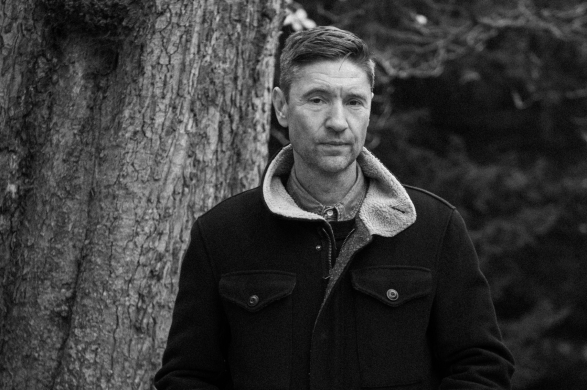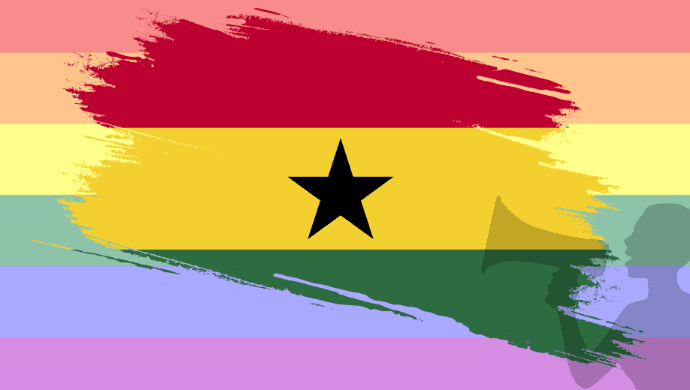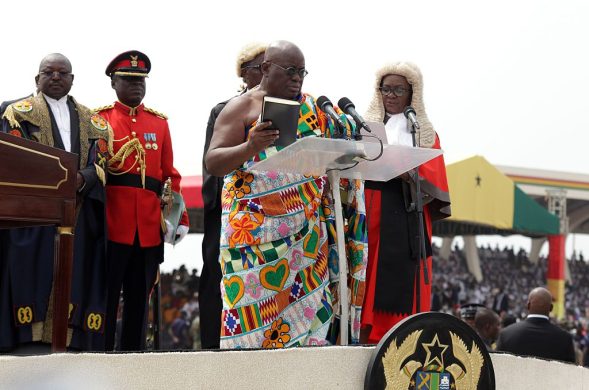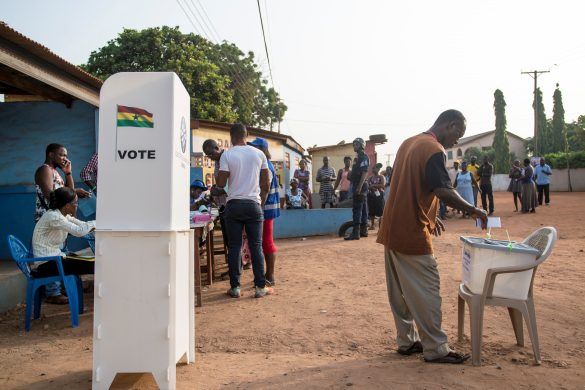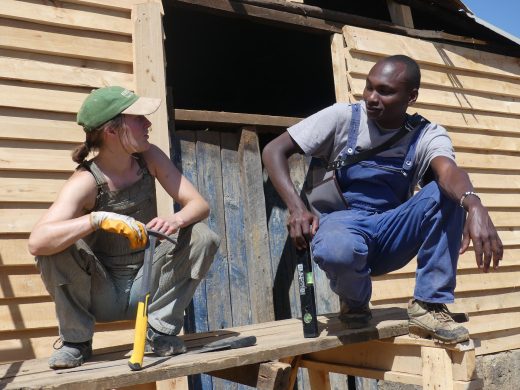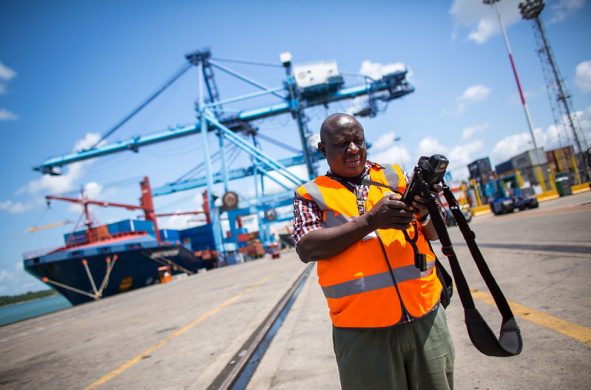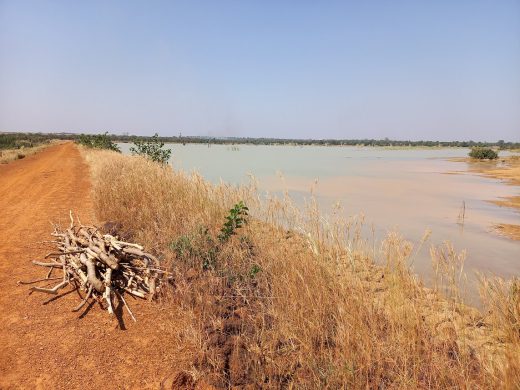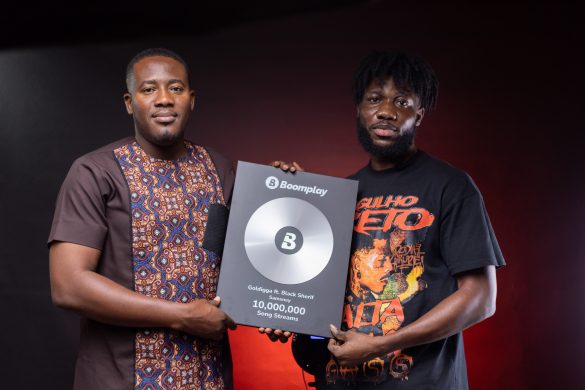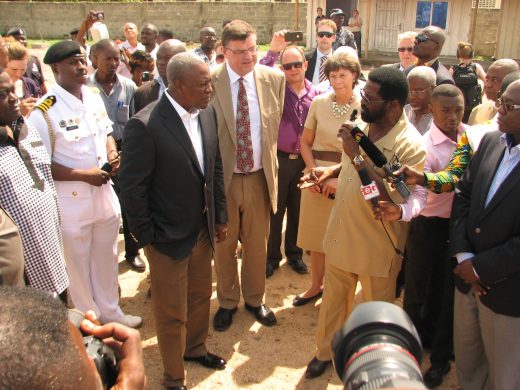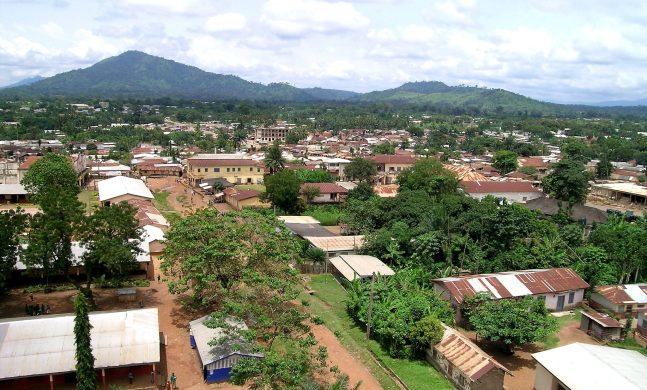Ghana To Receive huge amount In Interest-Free Loans From The World Bank
ACCRA, 11 March 2009: The World Bank will provide up to 1,2 billion US dollar (6,9 milliarder DKR) in interest-free loans to Ghana over the next three years.
The Bank has also launched a landmark initiative that challenges civil society organizations and other citizens groups to help deepen transparency and accountability by monitoring the implementation of Bank-funded projects in the country.
The target sectors for this future lending, according to the Bank’s Country Director for Ghana, Ishac Diwan, are water and sanitation, agriculture and fisheries, energy, natural resource management, transport and budget support.
The Bank, which is one of Ghana’s leading development partners, indicated its readiness to assist the newly-elected Ghanaian government in any way possible to minimize the impact of the global financial meltdown and economic crisis.
At a meeting with the Ghanaian President, Prof John Evans Atta-Mills, the World Banks Vice President for Africa, Obiageli Ezekwesili, discussed issues bordering on natural resource management as a key component of macro economic policy.
She reiterated the importance of citizens participation in the development processes in complementing government efforts in finding solutions to Ghanas macroeconomic challenges.
The Ghanaian President on his part noted that an important ingredient in dealing with macro economic problems is transparency and the need for citizens to know the true state of the economy and what the government is doing to solve the problems.
Ms Ezekwesili said:
– It is obvious that government and people of this country have been making tremendous efforts to lift themselves and future generations out of the vicious cycle of poverty and hardship, however, the impact of the current global financial crisis on Ghana calls for macroeconomic measures that would ensure that the growth that Ghana has enjoyed over the past decade and more is not negatively affected, but is rather sustained to help improve the standard of living of the people.
The Bank, in collaboration with a group of civil society organizations, has launched a new Social Accountability Initiative to monitor Bank-financed projects and programs of their choice.
Three umbrella organizations – National Coalition of NGOs in Waste Management (NACONWAM), Coalition of NGOs in Water and Sanitation (CONIWAS) and a group led by the Integrated Social Development Center (ISODEC) – decided to monitor the Second Urban Environmental Sanitation Project (for NACONWAM), the Urban Water Project (for CONIWAS) and the Poverty Reduction Support Credits (for ISODEC).
Addressing participants attending a National Environmental Sanitation, where the Initiative was launched, Ezekwesili noted:
– Social Accountability is a very important tool for ensuring development effectiveness, and should be used not only to monitor government stewardship, but that of the Bank and other development partners as well.
She handed over project documents which are relevant for their monitoring exercises to the NGOs.
Currently, the World Bank-financed portfolio for Ghana is among the biggest in Africa, with 26 active projects which have an undisbursed balance of about 700 million dollar of interest free loans, a sizeable proportion of which can be front-loaded.
The Banks private sector arm, the International Finance Corporation (IFC) has also provided assistance to businesses pursuing projects in the oil and gas, mining, banking, leasing, education, housing and SME sectors.
For more information on the World Banks activities in Ghana and Africa please visit:
www.worldbank.org/ghana
Kilde: worldbank.org




